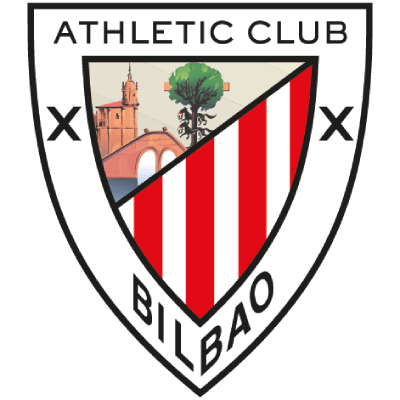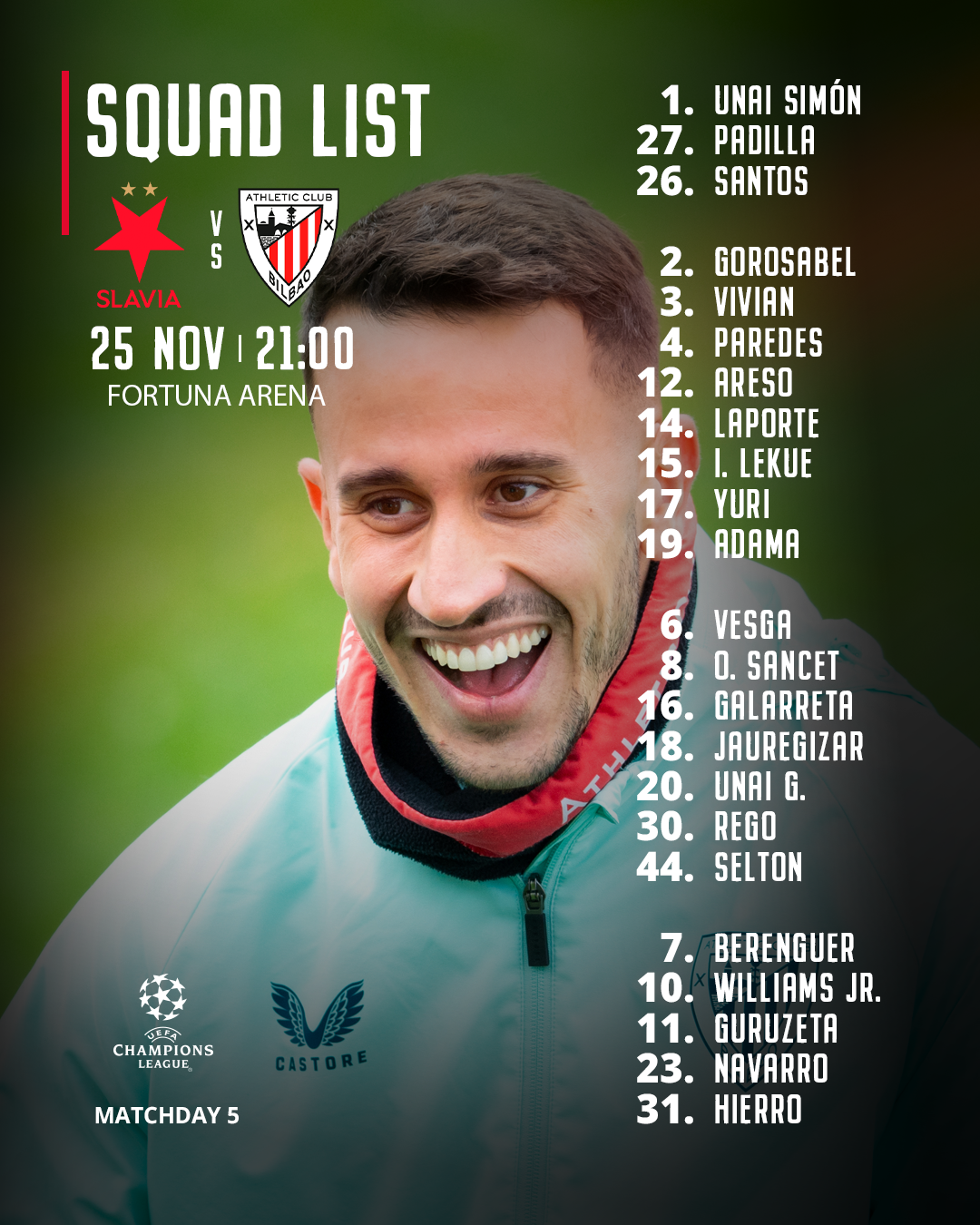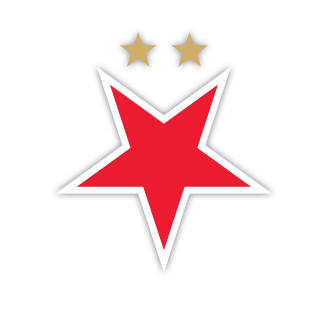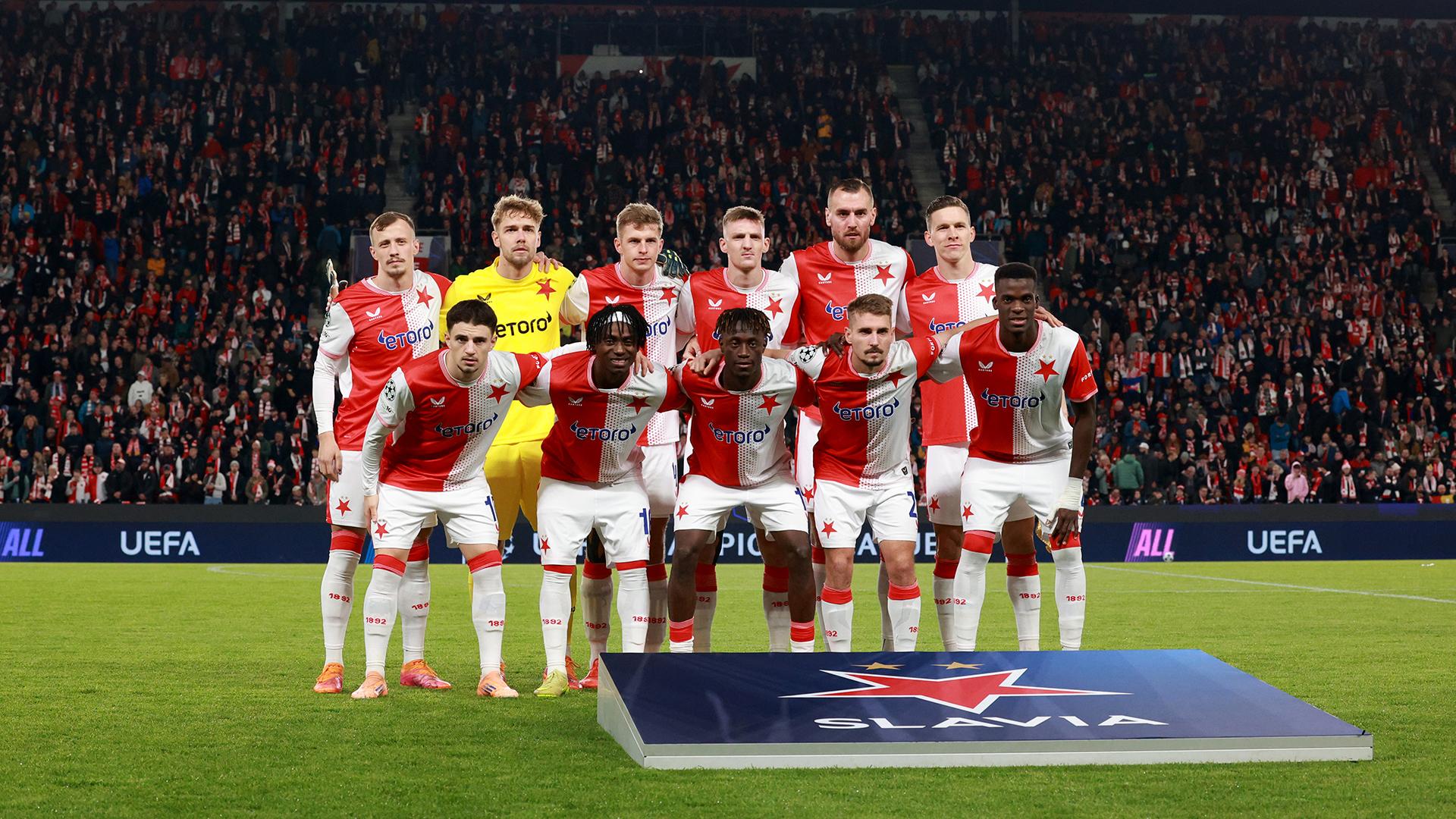
Match Pack: Slavia Praha vs Athletic Club (Champions League MD5)
Match Pack: Slavia Praha vs Athletic Club (Champions League MD5)
The Lions will be accompanied by around 1,000 Athleticzales at the Fortuna Arena in what is a crucial match for our Champions League aspirations
Tuesday night's Champions League clash in Prague could prove to be decisive for Athletic Club. Ernesto Valverde's Lions travel to the Czech Republic in search of a second European win of the season.
The match, at Slavia Praha's Fortuna Arena, is vital to the Zurigorri's hopes of qualifying for the knockout stages.
The Czech side are currently one point behind Athletic, having picked up two draws, against Bodo Glimt and Atalanta, and two defeats, against Inter Milan and Arsenal.
Match Info
Fortuna Arena, Prague
UEFA Champions League, League Phase MD5
Tuesday November 25, 21:00 CET

Team news
Ernesto Valverde has named a 23-man squad for Tuesday night's clash.
Iñaki Williams is still out injured and Nico Serrano is unavailable with a hamstring issue.
Valverde's and Guruzeta's pre-match comments
Catch up with everything the gaffer and Gorka had to say.
The Opponents
Slavia Prague are the second most successful team in the history of Czech football, with 22 league titles, 11 Czech Cups and one Mitropa Cup, in addition to having played in the Champions League on several occasions.
Slavia were founded in November 1892 as the ‘Academic Cycling Club Slavia’ by the Slavia Literary and Oratory Society (a group of university students). As the Czech Republic was still part of the Austro-Hungarian Empire at the time, the police shut down the literary society and, in turn, its sports departments for ‘anti-national activities’ in 1894. In May 1895, the Austrian authorities allowed the society's leaders to form the ‘Slavia Sports Club’.
Shortly afterwards, the club focused more on football and played their first match, against Athletic Club Praha, in March 1896. Their next fixture was against AC Sparta Prague, marking the beginning of the Czech Republic's main football rivalry, the Prague derby.
For many years, the club did not have a permanent home and played at different venues around the city. From 1901 to 1950, they played the Letná Stadium. In May 1945, the Letná Stadium was set on fire by occupying German troops during the Prague Uprising. It took three years to rebuild the grounds, and the club finally returned in 1948.
However, in 1950, the club was forced to move once again. The Letná plain was rebuilt and the authorities replaced the stadium with a monument to Joseph Stalin.
The club shared a stadium with Bohemians and Sparta until 1953, when they moved to Stadion Eden (at that time called Stadion Dr. Václava Vacka, in honour of Prague mayor Václav Vacek).
In 1989, plans were made for Slavia to move to a new purpose-built ground. Demolition work even began on Eden, while the club once again shared grounds with Bohemians and played briefly at the Strahov Stadium. However, for financial reasons, the new stadium never materialised and Slavia returned to Eden in 1993, where they remained until returning to Strahov in 2000.
In 2003, the old Eden Stadium was finally demolished completely, and in 2006, construction began on a new stadium on the same site. Slavia moved to their current home, Eden Arena (Fortuna Arena), in May 2008. The stadium, with a capacity of 19,370 spectators, is the largest and most modern in Czech football.
The Czech side are known as the Červenobílí (the Red and Whites), Sešívaní (“The Stitched Ones”) or Slávisté (“The Slavists”).
Slavia fans are known for their passion. The club is one of the most popular in the country. In 1964, a large group of Slavia fans created the ‘Association of Friends of Slavia’ to help finance and support the club during a particularly difficult sporting period. The association still exists and currently has around 6,000 members.
The club has an intense rivalry with Sparta. The ‘Prague derby’ is a major event in Czech sport, fuelled by decades of rivalry. AC Sparta Prague is the most successful Czech football club, with a record 38 national league titles and 16 Czech Cups. These matches often decide which team will win the league or cup.
Slavia have extensive experience competing in European football, having qualified for all major continental tournaments on several occasions.
Their first appearance in European competition was in the 1974/75 European Cup Winners' Cup, where they were eliminated in the first round by German side Carl Zeiss Jena.
From 1976/77 to 1994/95, they qualified for the UEFA Cup six times, but never made it past the first round. However, in 1995/96, they achieved their best result, progressing from the UEFA Cup preliminary round to the semi-finals, where they were knocked out by Girondins de Bordeaux.
In the 2007/08 season, they reached the Champions League group stage for the first time in their history, after defeating Ajax in the third qualifying round. Slavia's next group-stage appearance came in the 2019/20 season, which was also the last time they made it to this stage of the competition.
What's more, they have played in Europe, either in the Champions League, Europa League or Conference League, for the last 10 consecutive seasons.
Head coach:
Jindřich Trpišovský is Slavia's current head coach. He has been in the position since December 2017 and has won four league titles and four Czech Cups with the team.
During his playing career, Jindřich was a goalkeeper for Cechie Karlin and from a young age coached the youth teams at Bohemians and Sparta Prague. He previously managed Horni Meeholupy, Viktoria Zizkov, also from the Czech capital, and Slovan Liberec, who he led twice to the Europa League group stage.
Jindřich won the Czech Cup in his first season at the helm of Slavia. The following campaign, they won the Czech double and reached the quarter-finals of the Europa League. In 2019/20, he led them to the Champions League group stage for only the second time in their history.
The year after that, they reached the quarter-finals of the Europa League again. In 2020/21, Trpisovsky guided Slavia to a historic season, as they won the league title without suffering a single defeat and set a Czech record for the longest unbeaten run.
Standout players:
Slavia’s squad is mostly made up of Czech players, with a sprinkling of international talent.
Their most notable Czech footballers are: Jindřich Staněk (goalkeeper), David Zima, Tomáš Holes and Jan Boril (defenders), Michal Sadílek, David Doudera and Lukáš Procházka (midfielders), Mojmír Chytil, Vasil Kusej and Tomáš Chory (forwards).
Chory was their top scorer last season, netting a total of 20 goals in all competitions
The squad’s overseas talents include: defenders Dominik Javorcek (Slovakia), Igoh Ogbu (Nigeria), Daiki Hashioka (Japan), Emmanuel Fully (Liberia) and Youssoupha Mbodji (Senegal), midfielders Muhammed Cham (Austria, on loan from Trabzonspor), Christos Zafeiris (Greece, on loan from Paok), David Moses (Nigeria) and Oscar Dorley (Liberia), and forwards Youssoupha Sanyang (Gambia), Ivan Schranz (Slovakia) and Erik Prekop (Slovakia).
Recent form:
Trpišovský's side have started the domestic season on fire. They are currently unbeaten after 16 matches, with 10 wins and six draws. They beat Bohemians 3-1 at the Fortuna Arena in their most recent outing.
Slavia are 30th in the UCL League Phase, having picked up two points from their first four fixtures. So far they have drawn 2-2 at home with Bodo/Glimt, drawn 0-0 away to Atalanta, lost 3-0 in Milan to Inter and lost 3-0 in Prague to Arsenal.
Interesting facts:
- Scottish coach Johnny Madden was an influential figure in the club's early days. He was manager from 1905 to 1930, winning 15 trophies during that time. He remained in Prague after retiring, living there until his death in 1948, and has a stand named after him at the Fortuna Arena.
- In 1911, nine Slavia players were part of the Czech national team that won the European Amateur Championship by beating England 2–1 in the final.
- The Czechoslovakian national team that reached the final of the 1934 World Cup, where they lost 2–1 to Italy in extra time, had eight Slavia players. Goalkeeper František Plánička is a Slavia legend and is considered one of the best players in the club's history.
- Famous players such as Vladimír Šmicer, Patrik Berger and Karel Poborský played for Slavia before moving on to successful careers at other clubs.
- The famous film director Miloš Forman was a fan of the club. His love for Slavia is evident in his film Amadeus, in which a comedian wears the typical red and white Slavia kit.
- The club's name comes from the Slavic goddess “Sláwa”, associated with the land of the Slavs.
- Edvard Beneš, former president of Czechoslovakia, was a Slavia player.
- The club is partly owned by a Chinese company, CEFC, which saved it from financial ruin in 2015.
- The club's museum, located in the Fortuna Arena, is the largest football museum in the Czech Republic.
Athletic-Slavia connections
This will be the second time Athletic have faced Slavia Praha in official competition. The two clubs met at San Mamés in last season's Europa League group stage, with Athletic winning 1-0 against a well-organised Slavia side thanks to a goal from Nico Williams. Prior to that, we faced the Prague side in two friendlies in December 1923. Slavia won the first match 2-9, while the second ended in a 4-4 draw.
Our two clubs also share an important connection in the figure of Ferdinand Daučík. The Slovakian centre-back captained Slavia during a golden era for the club in the 1930s and led Athletic to a LaLiga title and two Copas as our head coach from 1954/55 until 1956/57.
Read the special feature we've written about our former coach.
How to Watch
Check out our global TV guide to make sure you don't miss the match.
You can also follow the fixture, and keep up to date with everything Athletic related, through the official Athletic Club app, as well as on our website and social media accounts:
Basque: @Athletic_eus
English: @Athletic_en
Spanish: @AthleticClub
www.facebook.com/ATHLETICCLUB/ (Spanish + Basque)
@athleticclub (Spanish + Basque)
Website
Basque: www.athletic-club.eus/eu/
English: www.athletic-club.eus/en/
Spanish: www.athletic-club.eus/
Related rivals
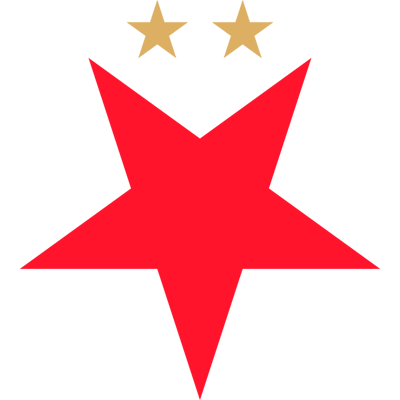
Related match
Slavia Praha - Athletic Club


